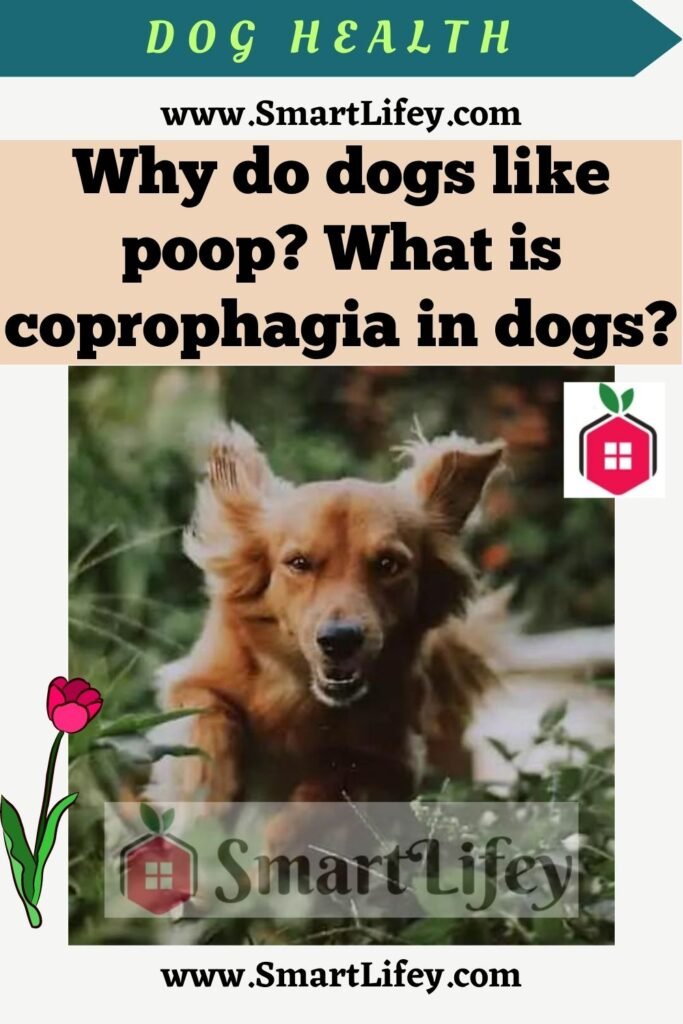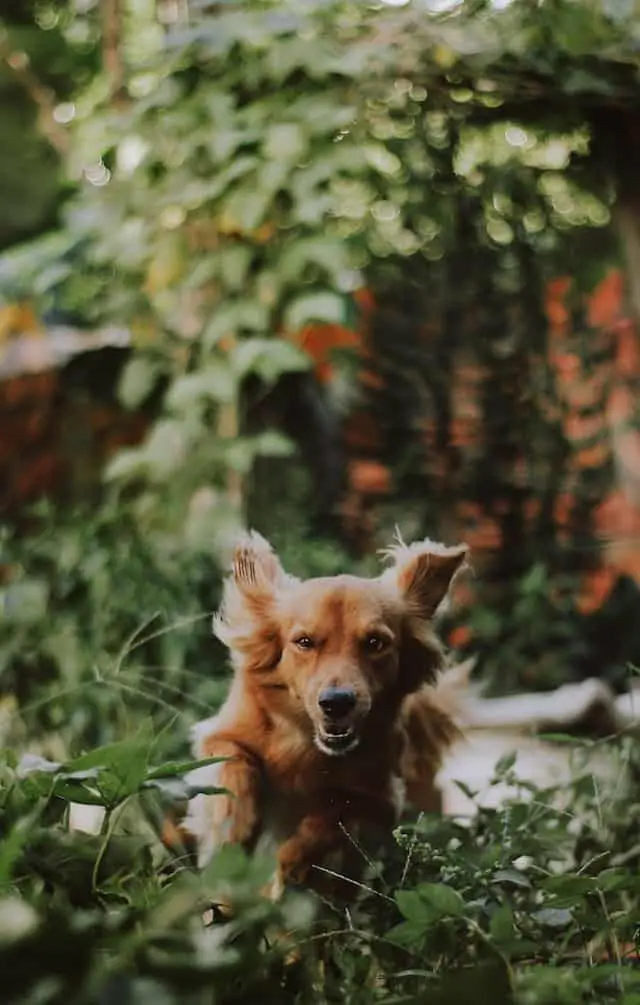
Why do dogs like poop? It may happen to notice episodes of coprophagia in dog. But what are the reasons? Let’s find out, along with all the recommended remedies.
Four-legged friends often perform very curious gestures in the eyes of a master. There are many behaviors that dog assumes, over time, and to which it is difficult to immediately give an explanation. For some furry people, for example, it is a habit to eat their own or other dogs’ excrements. Here we look at why dogs like poop and what to do about it.
Why dogs like poop: the reasons
Even if it may seem absurd and wrong to a master, it is a fairly common behavior in dogs, with important reasons behind it. Let’s see what causes a dog to eat poop.
We are not always able to understand well some attitudes of our pet dog. Dog must be free to express their nature, even at the cost of disturbing the thoughts of their human friend.
Starting to live with a master, the dog adapts to new and different rhythms and habits, in contact with people who impose rules of civilization on them, educating them in the right way.
Some canine behaviors may seem anomalous or incomprehensible to us and it is hard to accept them, precisely because we have educated them not to do certain “wrong” things for us.
Yet, dog often expresses himself in a strange way, making us part of inexplicable episodes but which, in reality, are normal for their species.
One of the most common behaviors concerns the passion of furry people for poop. Well yes! Because dogs like poop and it can happen, suddenly, to see your dog approach the poop and eat it.
What is coprophagia in dogs
Witnessing the dog eating his own poop or that of other animals during the daily walk can be upsetting and one is led to wonder what to do to prevent it. But we will see it in the course of the article.
First of all, it is very important to know the reasons that drive dog to want to eat excrement (their own or that of their kind) and understand why it is so pleasant for them.
This typical behavior is called coprophagia and occurs when a dog eats excrement from the ground, distinguishing between its own feces and those of animals such as cats, horses and cows, preferred by many specimens.
Similar episodes can occur in young dogs, who eat everything with their mouths to discover the world and recognize things outside their home.
Or in the female specimens, which clean the puppies, both by washing and eating their excrements. Even very hungry furry friends tend to eat the excrement they find.
The main reasons for coprophagia in dogs are as follows:
- Excessive hunger in dogs (cravings);
- Pleasant flavor for the dog;
- Nutritional deficiencies;
- Boredom or stress;
- Imbalance in appetite;
- Dog diabetes;
- Intestinal parasites;
- Other diseases.
Furry friends and coprophagia: the remedies

But what consequences can eating poop have for our dog? Could it be dangerous for your health? We answer these questions below, exploring the possible remedies to prevent such an annoying habit.
As we have seen, there are many reasons why a dog can eat the poop it finds on the street or be attracted to its own, as a matter of knowledge and taste.
Obviously, this behavior by Bau is not very tolerable for a master and one also wonders if it could cause them some negative consequences.
Unfortunately, you have to be very careful if your pet tends to do this, because the excrements contain parasites or traces of medicines or even drugs (in the feces of other animals).
It’s really dangerous for dog to ingest other animals’ poop. For example, a horse’s feces could contain traces of vaccines or other parasites that threaten its health.
Before proceeding to solve this problem in the dog, it is better to rely on medical advice and identify another specific cause of this particular attitude.
In the event that it is not a health problem or stress in the furry, you can proceed with some recommendations:
- Let him do it: If dog wants to eat feces, better let them do it, because forbidding it can only make the situation worse.
- Feed them quality food.
- Avoid canned food.
- We always collect feces in the house (or those of other pets).
- We collect dog poop even when we are away from home, with the appropriate bags.
- Distract your dog from pooping with snacks on hand.
- Allow the dog to smell, look, discover things.
Many overlook the importance, for the furry friend, of knowing the world around them in their own time and ways.
Let’s remember that dog must be able to interact and move anywhere, away from the home environment, approaching and scrutinizing everything it doesn’t know yet.
